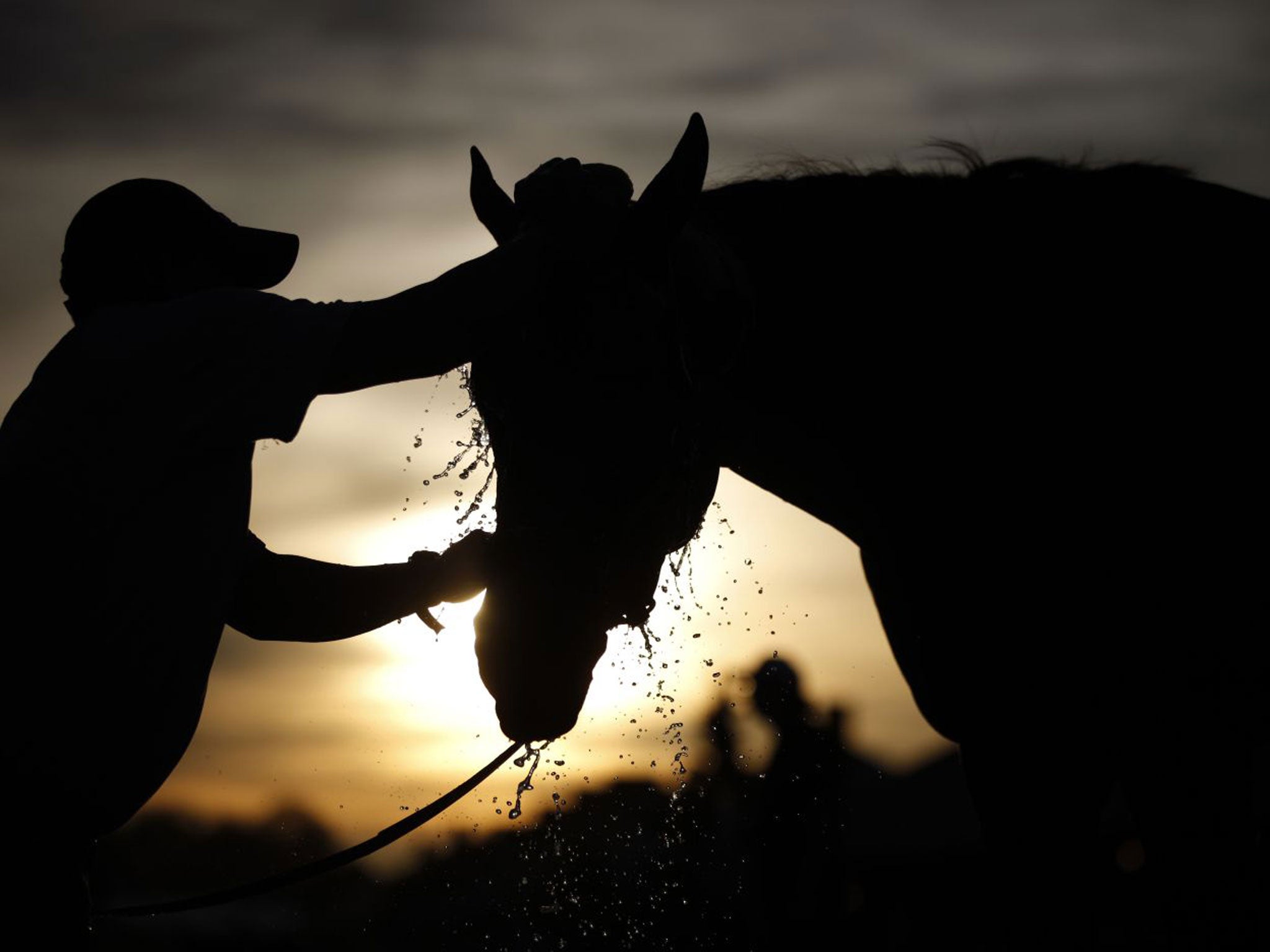Connecticut Supreme Court to decide if horses are a 'naturally vicious species'

Your support helps us to tell the story
From reproductive rights to climate change to Big Tech, The Independent is on the ground when the story is developing. Whether it's investigating the financials of Elon Musk's pro-Trump PAC or producing our latest documentary, 'The A Word', which shines a light on the American women fighting for reproductive rights, we know how important it is to parse out the facts from the messaging.
At such a critical moment in US history, we need reporters on the ground. Your donation allows us to keep sending journalists to speak to both sides of the story.
The Independent is trusted by Americans across the entire political spectrum. And unlike many other quality news outlets, we choose not to lock Americans out of our reporting and analysis with paywalls. We believe quality journalism should be available to everyone, paid for by those who can afford it.
Your support makes all the difference.The Connecticut Supreme Court will decide whether horses in the state should be classified as a " naturally vicious species", in a court case that dates back to 2006.
Timothy Astriab, owner of Glendale Farms, will speak in court today after one of his horses bit a toddler on the cheek seven years ago.
In February 2012, an Appellate Court ruled that the horse in question, Scuppy, belonged to a species "naturally inclined to mischief or be vicious".
Horse owners and farmers are now mobilizing as the state Supreme Court hears the appeal in the case today.
Such a classification would make owning horses uninsurable and jeopardize the state's sizable horse industry, farmers and horse owners say.
The one year old child was taken to the farm by his parents, who held their son up to the fence where the animals were grazing.
Mr Astriab has suggested that the family could have tried to feed the animal some grass, when a sign that states "do not feed or pet the horses" was visible.
According to court papers, when the child tried to pet the horse it stuck it's head out from behind the fence and bit the child on the cheek, "removing a large chunk of it".
Although he had no knowledge of Scuppy biting anyone before, Astriab testified that Scuppy was no different than other horses that would bite if a finger was put in front of him.
“Significantly, Astriab acknowledged his concern that if someone made contact with Scuppy, whether to pet or feed him, they could get bit,” the justices said.
Farmers and horse owners are arguing if the state Supreme Court does not over-turn the ruling that horses are a "naturally vicious species" this new classification would make horses uninsurable, leaving the horse industry in jeopardy. The industry already contributes $221m (£138m) a year to the state's economy.
"We would be the only state in the nation that would define horses as vicious," Astriab argued.
The Connecticut Farm Bureau and Connecticut Horse Council filed a friend of the court brief, arguing that under common law, viciousness is judged individually, not as an entire species.
Fred Mastele, the acting president of the state's horse council, said they did not believe horse are vicious animals. "They are certainly not attack animals", he added.
If allowed to stand, Connecticut would be the first US state to consider horses as inherently dangerous.
Additional reporting by agencies
Join our commenting forum
Join thought-provoking conversations, follow other Independent readers and see their replies
Comments